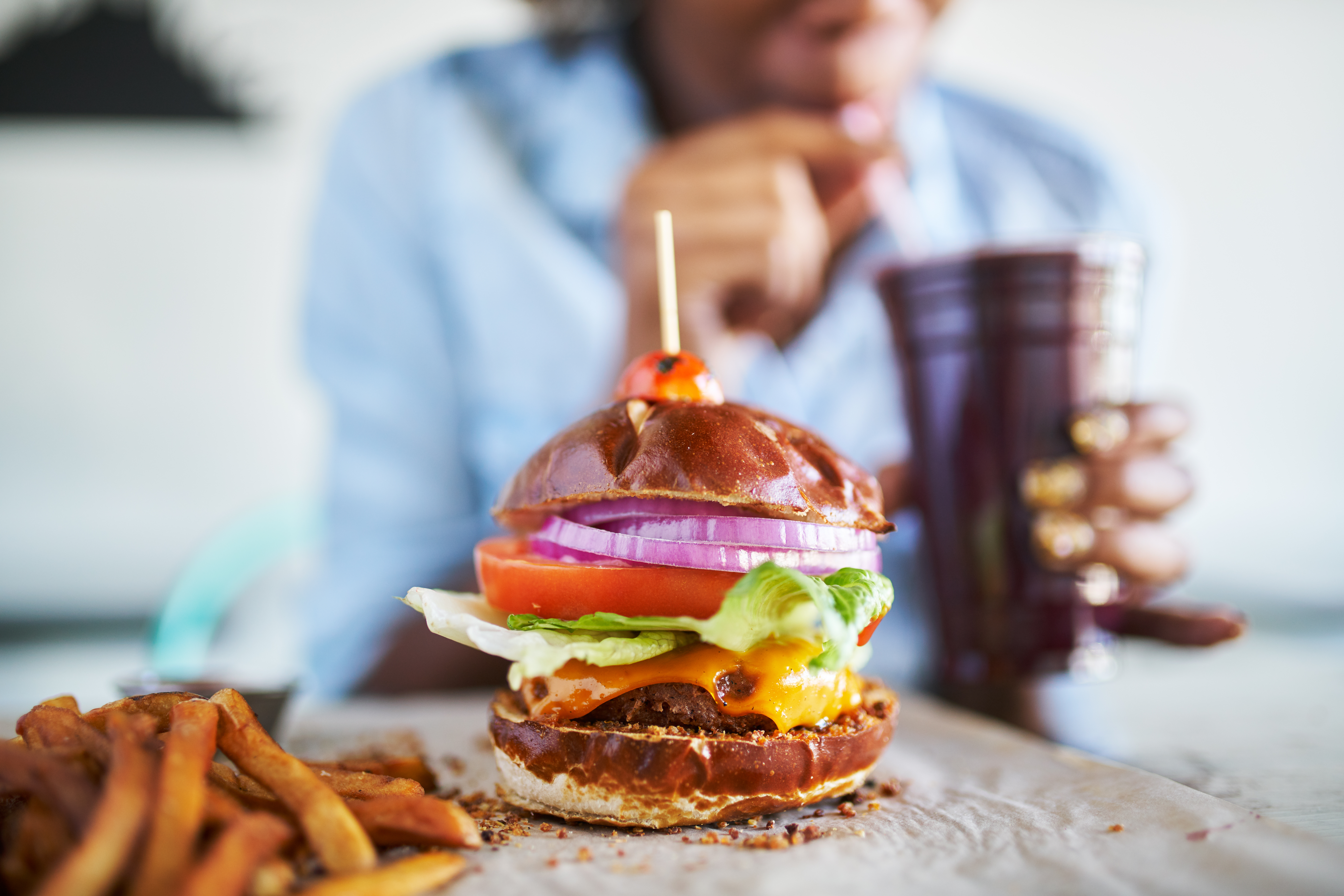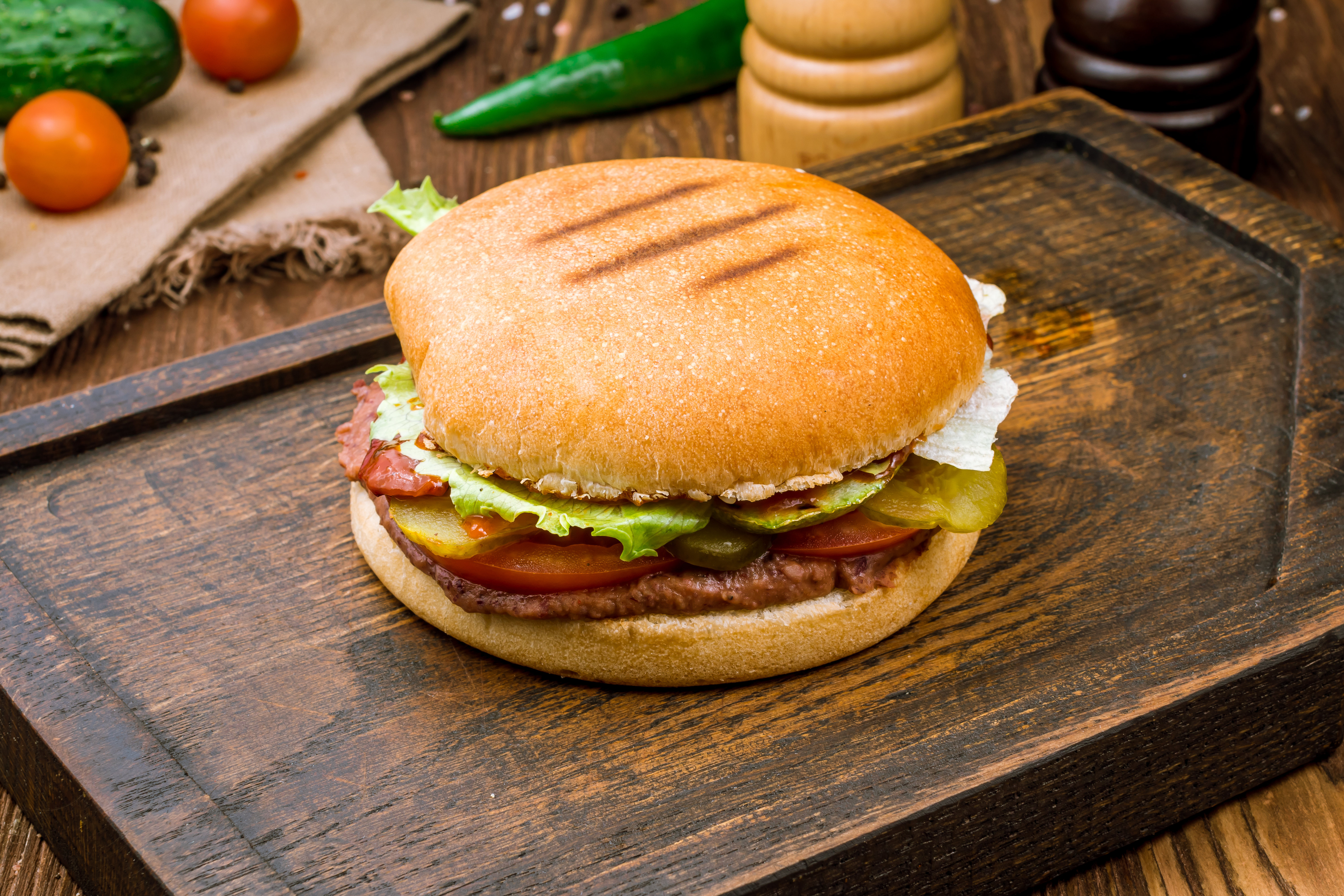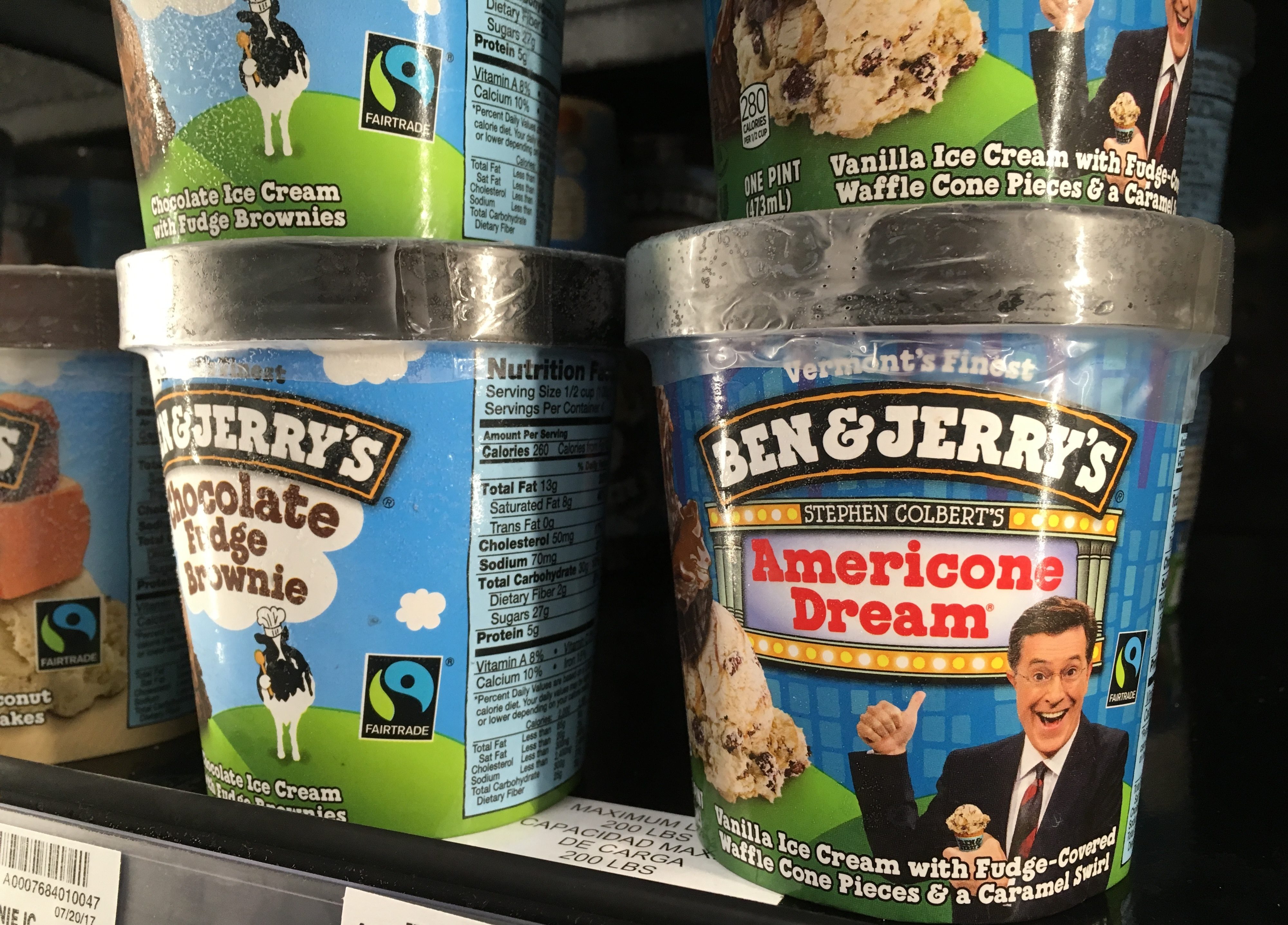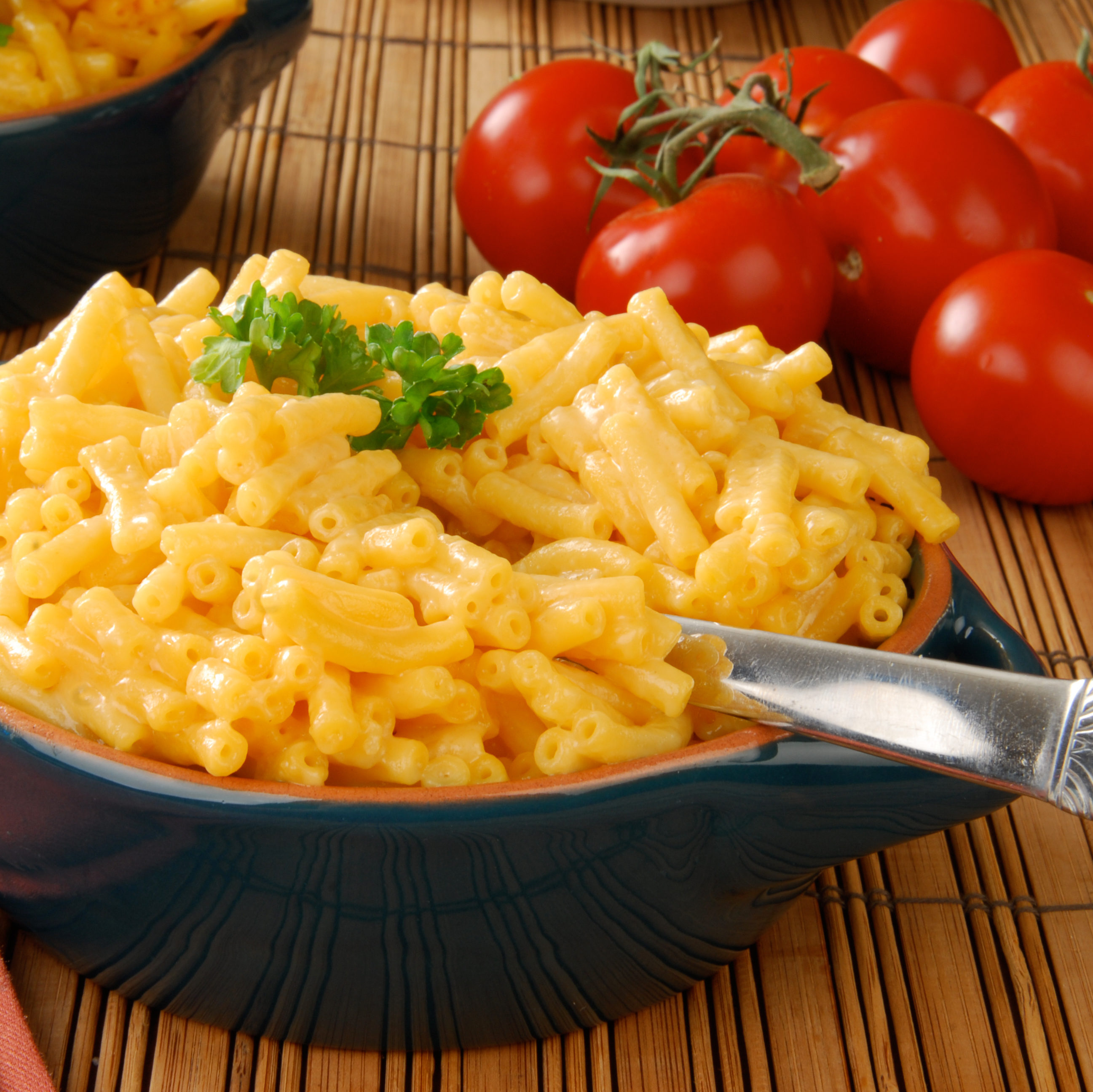Category Archive: Food
Thanksgiving? There Are Some Myths For That.

The first Thanksgiving took place in 1621, almost 400 years ago. While historians haven’t said if the Pilgrims and their Native American friends needed a nap after dinner, the myth that turkey makes you sleepy has been around for generations. To help set the record straight, we’ve debunked the top five Thanksgiving myths that have been passed down through the years. Hopefully, 2020 will be the last year the family turkey takes the blame for your post-dinner drowsiness. Myth #1: Turkey makes you drowsy It’s true that turkey contains the protein tryptophan which can be used as a natural sedative, but the amount...
Read MoreFrozen Foods Provide COVID-Conscious Shoppers With a Fresh Way To Stock Up

As more cities head for coronavirus lockdowns, many COVID-conscious shoppers are stocking up on frozen foods so they can minimize their trips to the grocery store. This grocery shopping trend has sent frozen food sales through the roof with seven in ten shoppers increasing the amount of frozen food they have bought since the pandemic began. The spike in sales is a change of pace for the frozen food industry which has suffered from a misleading perception that foods in the freezer section are less healthy or fresh than other foods. Samantha Cassetty, a New York-based registered dietitian, told Today that frozen...
Read MoreSorry, veggie burgers won’t move the needle on climate change

Throughout the month of January, several independent academic reports concluded that vegetarianism is the only way to combat climate change and chronic disease. The claims generated plenty of media controversy, from NBC News reporting that we can "Save the planet and lives by eating less meat, more vegetables" to Vox's apocalyptic declaration that "The way we eat could doom us as a species." We tend to disagree. Swapping a beef burger for a veggie burger is an easy enough substitution, especially considering meatless options have expanded in the past several years to include options that look, taste, and smell far more appealing...
Read MoreWhat’s In Your Veggie Burger?

According to recent surveys, roughly 70 percent of consumers prefer products without additives. While avoiding additives won’t have as drastic an effect on one’s well-being as daily exercise, the public’s growing interest in health is a good sign for a country with the highest obesity rates in the western world. But in the interest of tapping into American’s desire for healthier foods, one market segment in particular is doing more harm than good: fake meat. You’ve likely heard of Tofurky and Boca Burgers – they’ve been around for decades. But meat alternatives are having their day with the introduction of products that...
Read MoreUSDA Survey Reveals How Healthy America’s Eating Choices Are

Last week, the United States Department of Agriculture (USDA) released a study evaluating whether having access to nutrition information (like the nutrition facts label on packaged foods, MyPlate, and calorie counts on restaurant menus) actually translated into Americans making better food choices. The study compared consumer’s use of nutrition information with the healthfulness of both their groceries and meals purchased outside the home. Here’s what they found: Americans Eat Healthier Than The Survey Makes Them Out To -- Barely. Studies have shown that Americans living above the poverty line generally make better nutrition choices than those below. However, the USDA survey includes almost twice as many...
Read MoreHow Dirty Are Your Fruits and Veggies?

Every year since 1995, Environmental Working Group activists publish a “Dirty Dozen” list of fruits and vegetables which contain the most pesticide residues. The list certainly sounds scary, and it generates a host of alarming headlines. But the good news is it doesn’t take much effort to expose the EWG’s weak science and fearmongering arguments. A peer-reviewed study that looked into the produce EWG continually criticizes as the “dirtiest” found that “all pesticide exposure estimates were well below established chronic reference doses.” A chronic reference dose is the maximum amount of a substance that humans can safely eat over a long period of...
Read MoreLeftovers Are Great, But What About Those Plastic Containers?

As parents resume the early morning rush of sending their kids back to school, leftovers and make-ahead meals are often the easiest way to ensure everyone is getting the nutrition they need. But while busy families try to make better health decisions, some activists are blaming an unlikely aggressor for America’s expanding waistline: plastics. In recent years, flawed research has linked phthalates and bisphenol A (BPA) in plastic containers to health issues like insulin resistance and weight gain, respectively. Some incorrectly claim that microwaving food in plastic containers makes the problem worse. In 2008, Good Housekeeping magazine put these claims to the test. It...
Read MoreHere’s the Scoop on Glyphosate in Your Ben & Jerry’s

The New York Times is making a name for itself in the realm of sensationalism lately. First came the heavily criticized article accused America’s favorite macaroni and cheese of being laden with “potentially harmful chemicals.” Now, the Times is taking on Ben & Jerry’s Ice Cream over a sensationalized report claiming 10 of 11 of the company’s flavors contain traces of a common weed killer. The report was commissioned by the Organic Consumers Association, which bills itself as an advocate of “health, justice, and sustainability.” But let’s be clear: the Organic Consumers Association isn’t concerned about the dangers lurking in your dessert. If it...
Read MoreChemicals in Your Mac and Cheese?

Phthalates: They’re difficult to pronounce, widely used in plastics, rubber, cosmetics, and fragrances, and yes, they’re in your macaroni and cheese. But should you really be worried about the report which inspired The New York Times to editorialize about “potentially harmful chemicals…present in high concentrations in your child’s favorite meal?” Although phthalates may migrate from plastics to food, they do so in such small quantities that the National Toxicology Program dismisses their risk for causing human reproductive harm as minimal to negligible. Such was the case with this report, but instead of presenting its findings with any context, the environmental advocacy groups which commissioned it twisted the data to...
Read MoreGrab Some Coffee and Perk Up to Sensationalized Science

One day it seems that coffee will kill you, while the next it's hailed as the key to a long life. So what gives? In an article published in RealClearScience, our chief science officer, Dr. Joseph Perrone, explains why poor scientific methodology accepted by groups like the International Agency for Research on Cancer (IARC) makes it incredibly difficult for the average reader to pick good science from pseudoscience. Interestingly enough, the latest back-and-forth around coffee also comes from IARC. Four of the coffee study’s authors, including lead researcher Dr. Marc Gunter, are current IARC scientists. Just like claims that someone’s lifelong medical history can be...
Read More